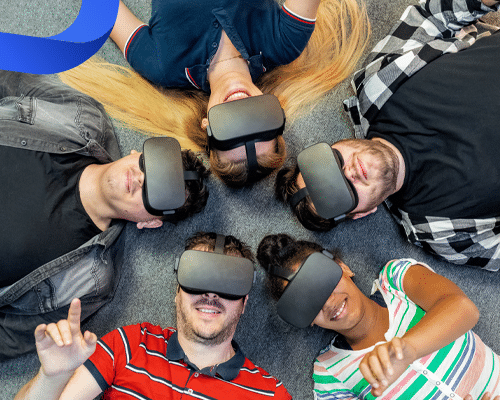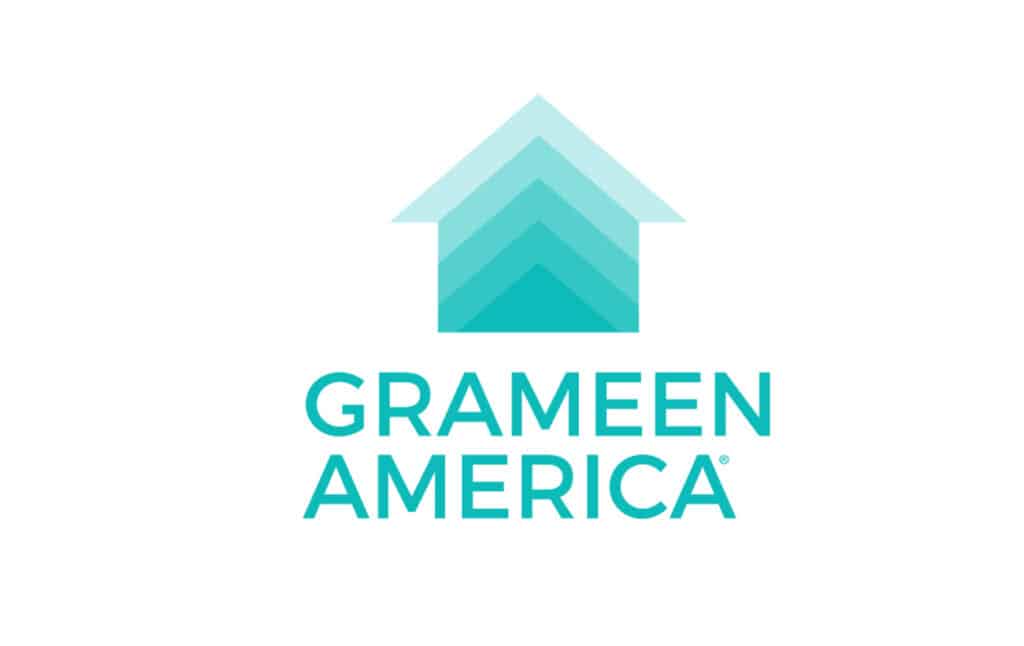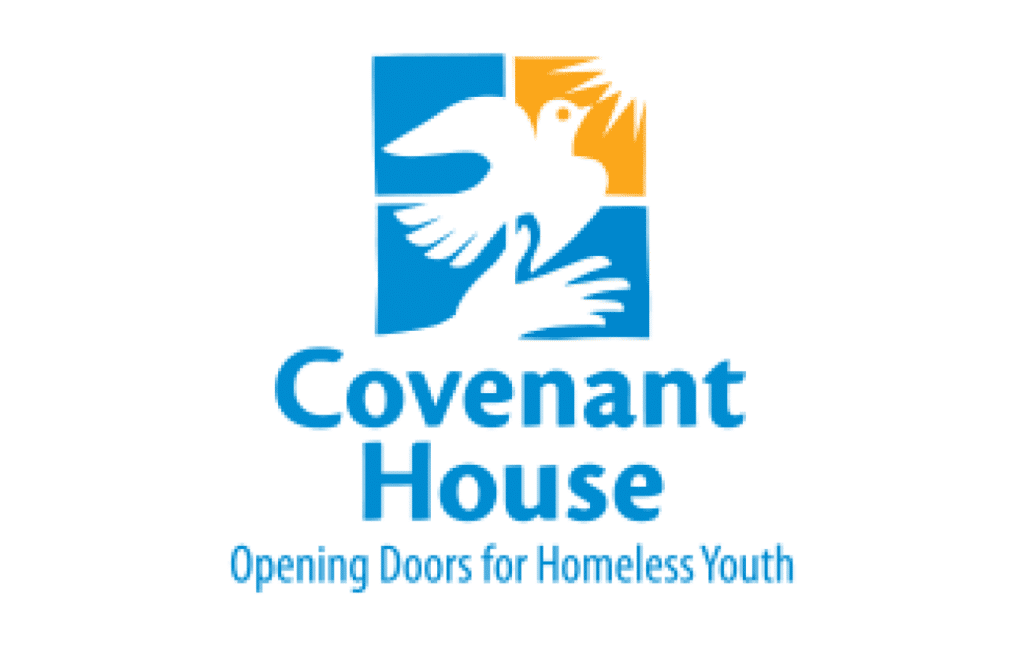While the concept of the metaverse can seem a bit overwhelming, the outcome of implementing streamlined universal digital identities for users across platforms and software can be beneficial for both users and marketers in a number of ways. The transition to first- and zero-party data collection and implementation of ever-changing data privacy laws are beginning to take hold of modern marketing strategies. Fortunately, the metaverse can help unify fragmented data to build user profiles that enable marketers to continue to reach their customers, even with these changes in place.
Increasing Engagement in New Ways


Creating a personalized virtual user experience for each of your consumer bases will provide an opportunity for customers to engage with products that truly interest them, based on their personal preferences, whenever and wherever they need them. Essentially, the metaverse could enable consumers to experience curated, realistic shopping experiences tailored to their unique set of wants, needs, and interests without ever stepping foot outside of their front door.
Customization & Building for Diversity
When it comes to the metaverse, long-term goals for marketing teams will include developing engaging experiences and building a real community based around the diversity of their consumers. Engagement and inclusion will be the name of the game. The metaverse will allow marketing teams to develop deeply engaging experiences across their owned virtual corners of the user experience.
The promise of the metaverse suggests the eventual integration of social media user data across the immersive virtual world to allow marketing teams to develop and deliver highly personalized messages and experiences to users across a 3D landscape. Marketing teams will have more opportunities to build across the diversity of their consumer bases. In other words, marketers can leverage hyper-personalization strategies to customize immersive experiences for a wide range of diverse customers, maximizing inclusion for their brand and increasing engagement across a larger span of consumers.
The promise of the metaverse suggests the eventual integration of social media user data across the immersive virtual world to allow marketing teams to develop and deliver highly personalized messages and experiences to users across a 3D landscape. Marketing teams will have more opportunities to build across the diversity of their consumer bases. In other words, marketers can leverage hyper-personalization strategies to customize immersive experiences for a wide range of diverse customers, maximizing inclusion for their brand and increasing engagement across a larger span of consumers.

Appealing to Younger Generations

Adding Another Layer to Social Commerce









